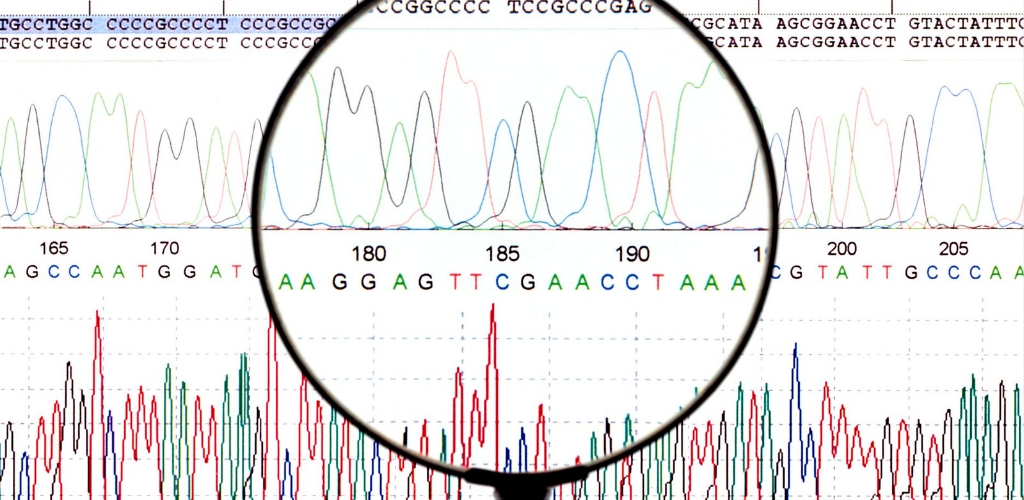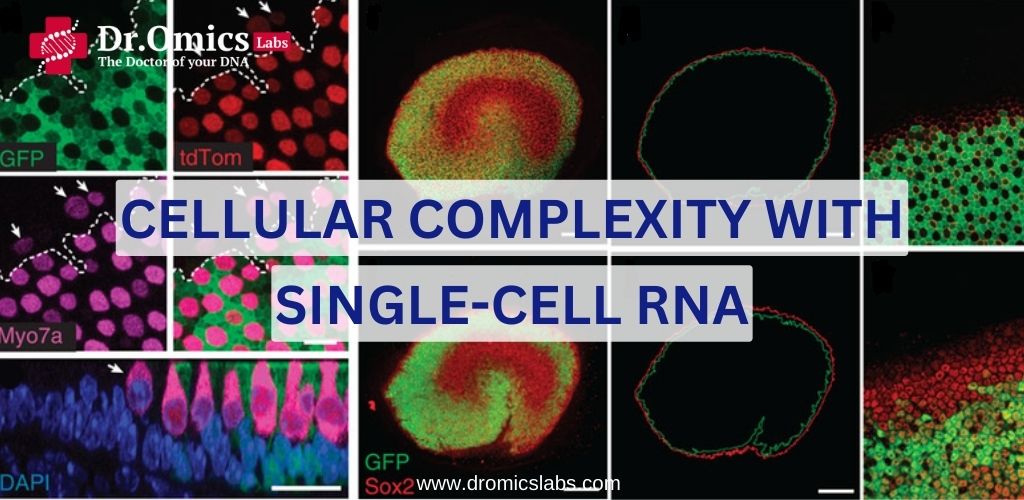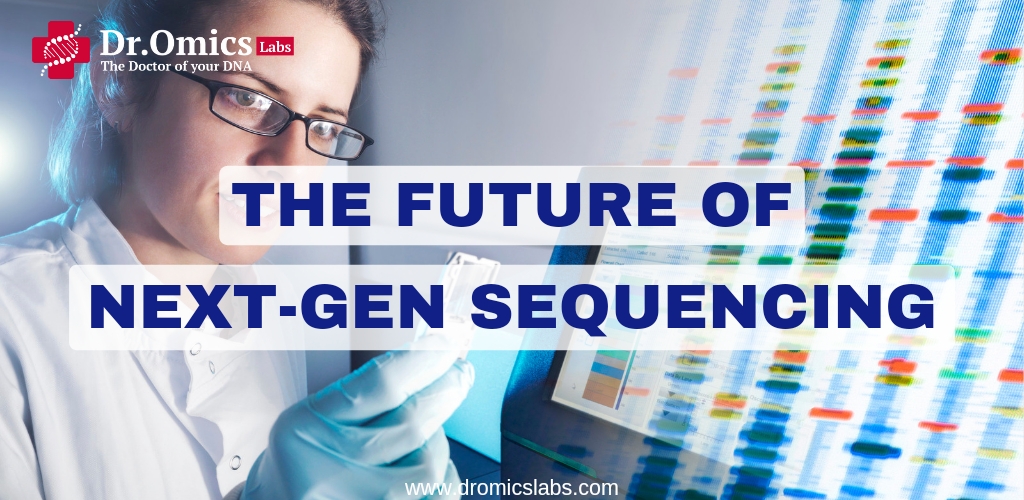Advancements in Next-Generation Sequencing: A Game-Changer in Bioinformatics
Next-Generation Sequencing (NGS) has revolutionised the field of bioinformatics by enabling the rapid and cost-effective analysis of genomic data. Let’s explore the transformative impact of NGS on bioinformatics, its key advantages over traditional sequencing methods, and how it has opened new avenues for groundbreaking discoveries in genomics research. Next-Generation Sequencing Vs traditional methods: NGS has […]
Advancements in Next-Generation Sequencing: A Game-Changer in Bioinformatics Read More »







